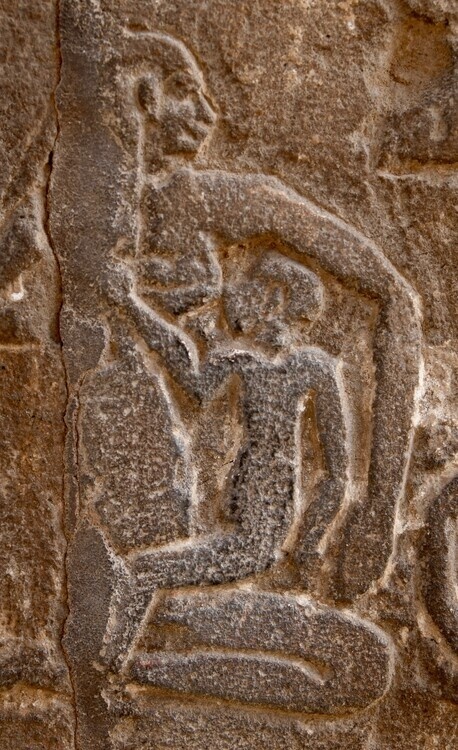
- White Hall, 110
Susan Ackerman, Preston H. Kelsey Professorship in Religion and Professor of Women's, Gender, and Sexuality Studies at Dartmouth College.
As many scholars have noted, Hebrew Bible accounts of child-naming indicate that somewhat more often than not, it is a child’s mother (or a mother’s female surrogate or surrogates; e.g., a midwife) who bestows a name on a newly delivered infant. This same tradition of mothers or their female surrogates conferring infants’ names can also be found elsewhere in the ancient world—for example, in Egypt—but more typically (e.g., second-millennium BCE Hatti; classical and Hellenistic Greece), it is a child’s father who bestows a newborn’s name. In second-millennium BCE Hatti and classical and Hellenistic Greece, moreover, as well as in third- and second millennium BCE Mesopotamia, births are marked by some sort of feast or celebration held in honor of the mother once her period of postpartum impurity has ended.
In this talk, Ackerman proposes that this feast or celebration marks the post-parturient woman’s new status (“mother”) in her community. But what ritual might perform the same function for the post-parturient Israelite? Ackerman suggests that it is the act of bestowing a name upon her newborn that allowed an Israelite woman to claim her new identity as mother and assume her new position and status in society. In naming her child, a newly delivered Israelite mother also marks and even commemorates her experiences of pregnancy, labor, and delivery, including her religious sensibility that God was somehow engaged in those experiences.
Sponsored by the Department of Near Eastern Studies with support from the Department of Classics, Department of Feminist, Gender & Sexuality Studies, Jewish Studies Program, Religious Studies Program, and Cornell Institute of Archaeology and Material Studies (CIAMS)
Please adhere to Cornell University’s COVID-19 guidelines. Stay informed at covid.cornell.edu.
Mothers and Rituals of Child-Naming in Ancient Israel on Cornell Events
